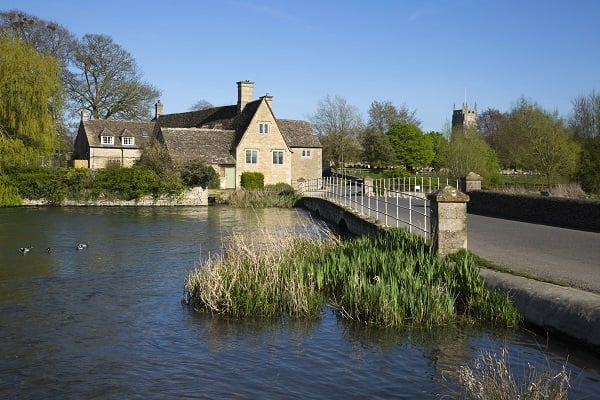Due to the excellent performance of the UK property market, more foreigners are interested in UK properties. So, can foreigners purchase properties in London?
No restrictions apply to foreigners purchasing property in the UK. This applies regardless of whether you are a resident. Foreign investors in residential property in the UK don’t require a visa. However, there are some things that investors should be aware of before investing in property in the UK.
Yes, living in London can be expensive and for some people, it would take a lottery win to make them move to this city. However, there are great places in London where properties are affordable to buy.
This guide will help you understand how foreigners can buy UK residential properties. It includes what documents you will need, whether you are eligible for a mortgage, and the tax implications.
What documents are required to purchase property in London?
First of all, buyers from foreign countries are subject to identity checks. This is to prevent money laundering or fraud. Banks and solicitors often conduct these checks, although some agents can also perform their own checks.
To be able to buy a property in the UK, you will need to have several documents, including:
- Documentation proving identity
- Address proof
- Funds evidence.
A passport or driving licence can often be used as proof of identity.
Can a foreigner get a mortgage in London?
Foreigners are able to buy property in London easier if they’re cash buyers. This was previously more difficult for foreign buyers. However, this has changed in recent years with many new mortgage options for foreign property investors.
A mortgage can be a great way to invest in property. You can leverage your cash to buy other types of investments or multiple properties. You can also rent out the property to make more money than the monthly mortgage payments, which could allow you to have more cash in your pockets.
If you are not a resident of London or have less than 2 years, there may be additional requirements. You might also face higher interest rates and larger deposits. In addition, because fewer lenders will lend to non-residents, there may be fewer options.
A specialist lender is recommended for you to secure a London mortgage. A mortgage broker can help you to find the best deal for you and your financial situation.
Most investors and buyers start by applying in principle for a mortgage agreement. An agreement in principle will allow you to determine how much you can borrow. It also shows estate agents that you are a serious buyer.
A principle agreement is not binding. This means that you will still need to go through final checks. After your offer has been accepted, you will need to apply for a mortgage offer.
What tax implications are there for non-resident buying a property in London?
Buying property in London can be a wise investment for non-residents looking to diversify their portfolios and generate income from rental properties. However, non-resident investors need to be aware of the tax implications that come with owning property in the UK.
Stamp Duty Land Tax
HMRC must receive Stamp Duty Land Tax no later than 14 working days after the property transaction’s “effective day.” This usually takes place on the date of completion. The price of the property that you are purchasing will determine the tax rate.
Additionally, foreign buyers that are not residents of the UK must pay a 2% stamp duties surcharge for residential properties. This surcharge is in addition to the regular stamp duty rates and the 3% surcharge on second homes and buy-to-let properties.
Income Tax
In addition to stamp duty, non-residents who own property in the UK will be subject to income tax on any rental income they generate. The tax rate will depend on their individual circumstances, such as the amount of rental income they receive, any deductions they can claim, and whether they are residents of a country with a double taxation treaty with the UK.
Capital Gains Tax
Non-residents who sell their UK property will also be subject to capital gains tax (CGT) on any profits they make from the sale. The CGT rate for non-residents is currently 28%, which is higher than the 20% rate for UK residents. However, the taxable gain is calculated differently for non-residents. Instead of being based on the increase in the property’s value from when it was purchased, the taxable gain is based on the increase in the property’s value from 6 April 2015.
It is important to note that non-residents may also be subject to other taxes, such as inheritance tax or council tax. Inheritance tax is a tax on the estate of a deceased person, and non-residents who own property in the UK may be subject to this tax.






Leave a Comment